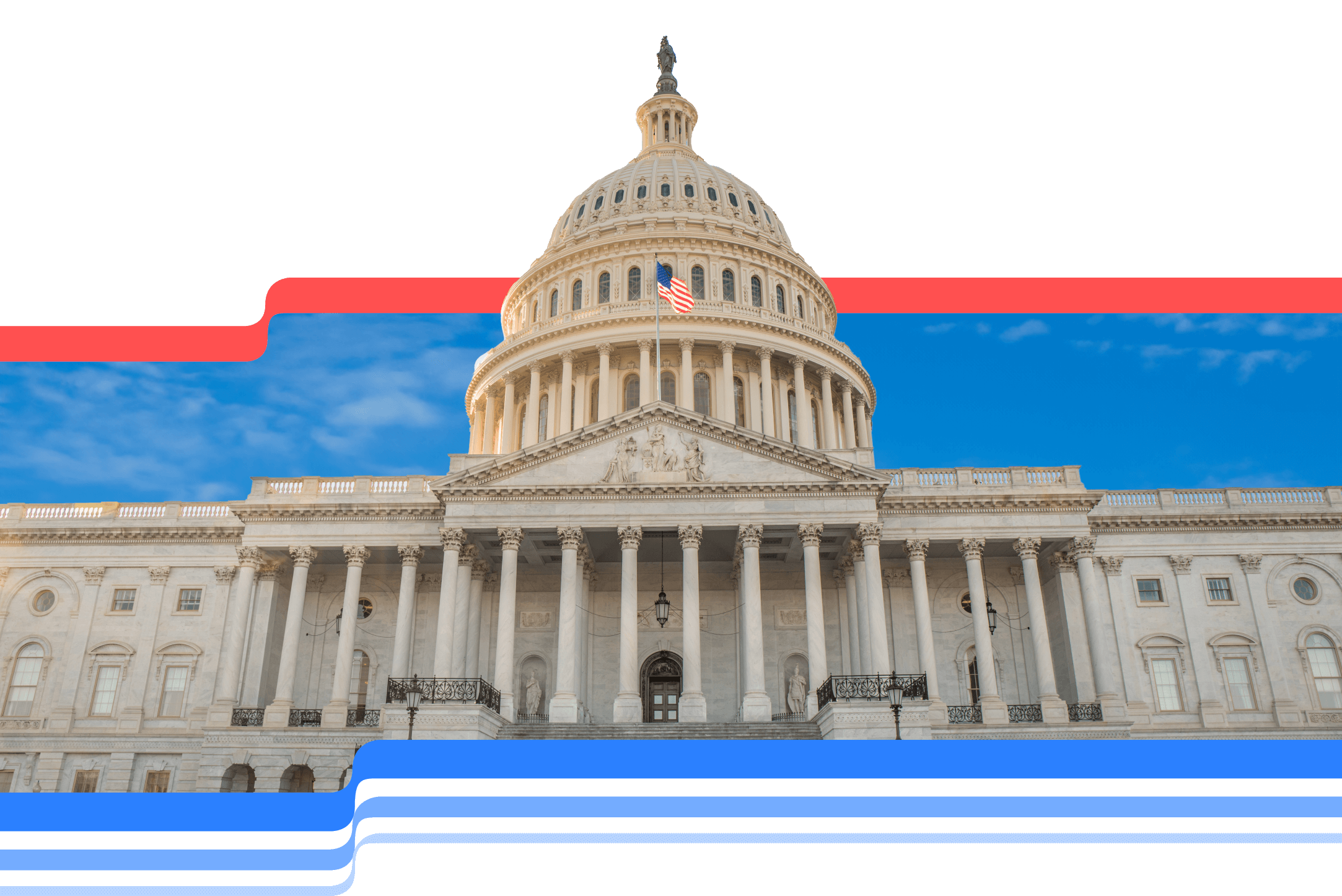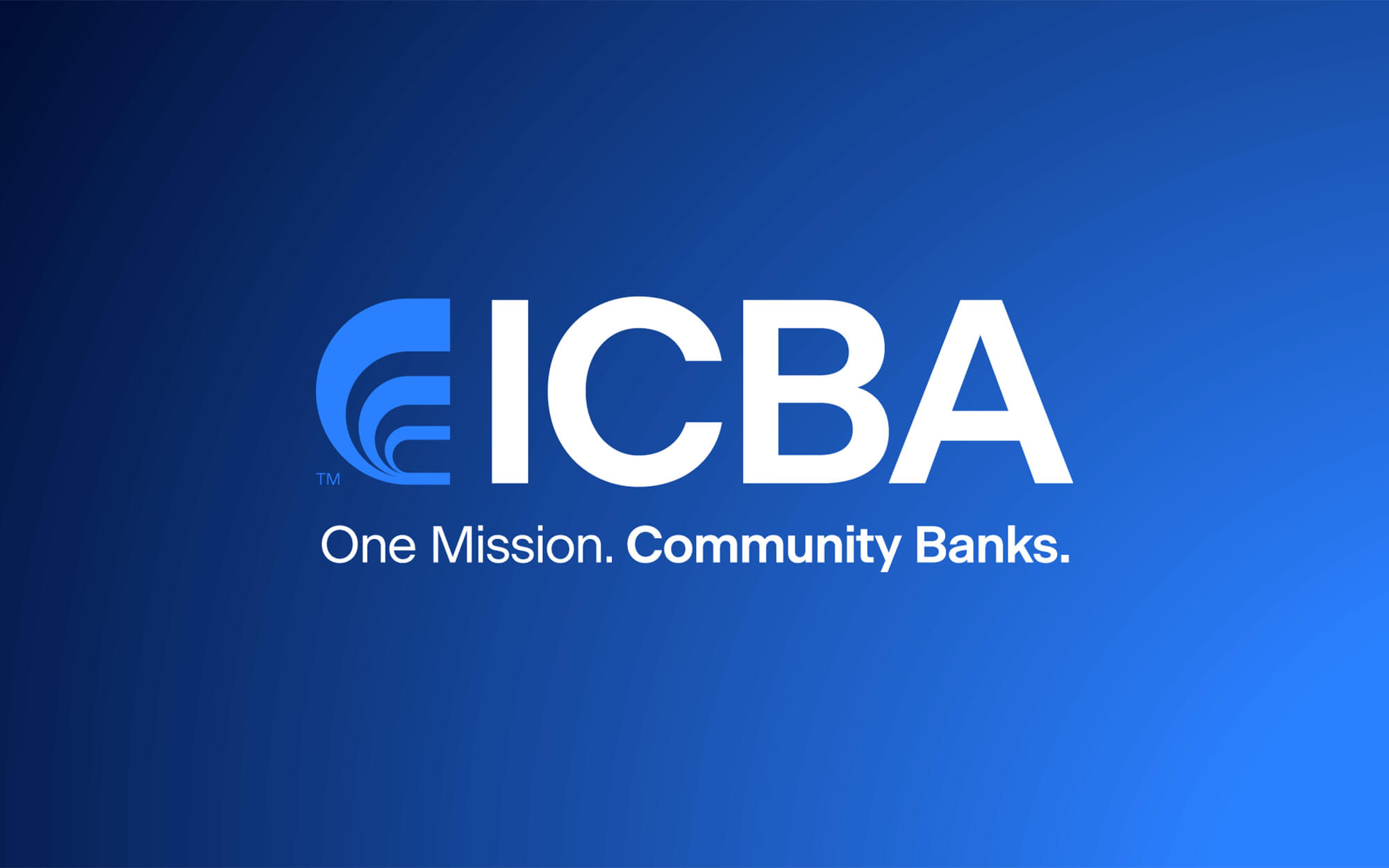
Joint statement by BPI, CRL and ICBA in advance of U.S. Subcommittee hearing on “The Future of Banking”
Washington, D.C. — This morning, the U.S. House Financial Services Subcommittee on Consumer Protection and Financial Institutions will meet to discuss the “The Future of Banking,” including whether to prevent companies that are not banks from using an industrial loan company (ILC) charter to expand their business into financial services without meeting the full slate of safeguards and oversight that applies to bank holding companies.
The Bank Policy Institute, Center for Responsible Lending and the Independent Community Bankers of America issued the following joint statement in advance of the hearing:
We applaud the Subcommittee’s scrutiny of the ILC loophole and urge the introduction and prompt passage of a legislative solution to address this problem. Lawmakers should eliminate shortcuts that enable multinational e-commerce conglomerates and tech behemoths to pick and choose their own rules and cut costs at the expense of consumers and the financial system.
There should not be two separate rulebooks applied to businesses offering indistinguishable products; if your business operates as a bank, you must follow the same supervision and regulation requirements applied to traditional banks.
ILCs are FDIC-insured, state-chartered institutions that can offer near-identical banking products and services as traditional banks but are not held to the same regulatory standards as bank holding companies because they are not subject to the federal Bank Holding Company Act.
For example, ILC parent companies are legally permitted to engage in unlimited non-banking activities, are not examined for data security or protection against cyber threats, are not required to meet consolidated capital requirements and are not required to maintain satisfactory Community Reinvestment Act ratings to continue certain activities, to list just a few of the unjustified exemptions.
While ILCs were originally small, locally owned institutions when conceptualized, the institutions have dramatically expanded in both size and scope, presenting a laundry list of new regulatory challenges and risks.
Closing this loophole requires congressional action. We urge Members of Congress to close the ILC loophole.
Media Contacts:
Center for Responsible Lending
Matthew Kravitz
matthew.kravitz@responsiblelending.org
(310) 405-5028
About Bank Policy Institute.
The Bank Policy Institute (BPI) is a nonpartisan public policy, research and advocacy group, representing the nation’s leading banks and their customers. Our members include universal banks, regional banks and the major foreign banks doing business in the United States. Collectively, they employ almost 2 million Americans, make nearly half of the nation’s small business loans, and are an engine for financial innovation and economic growth.
About The Center for Responsible Lending.
The Center for Responsible Lending (CRL) is a nonprofit, non-partisan research and policy organization dedicated to protecting homeownership and family wealth by working to eliminate abusive financial practices.
About ICBA.
The Independent Community Bankers of America® creates and promotes an environment where community banks flourish. ICBA is dedicated exclusively to representing the interests of the community banking industry and its membership through effective advocacy, best-in-class education, and high-quality products and services.
With nearly 50,000 locations nationwide, community banks constitute 99 percent of all banks, employ more than 700,000 Americans and are the only physical banking presence in one in three U.S. counties. Holding more than $5.8 trillion in assets, over $4.8 trillion in deposits, and more than $3.5 trillion in loans to consumers, small businesses and the agricultural community, community banks channel local deposits into the Main Streets and neighborhoods they serve, spurring job creation, fostering innovation and fueling their customers’ dreams in communities throughout America. For more information, visit ICBA’s website at www.icba.org.
###





